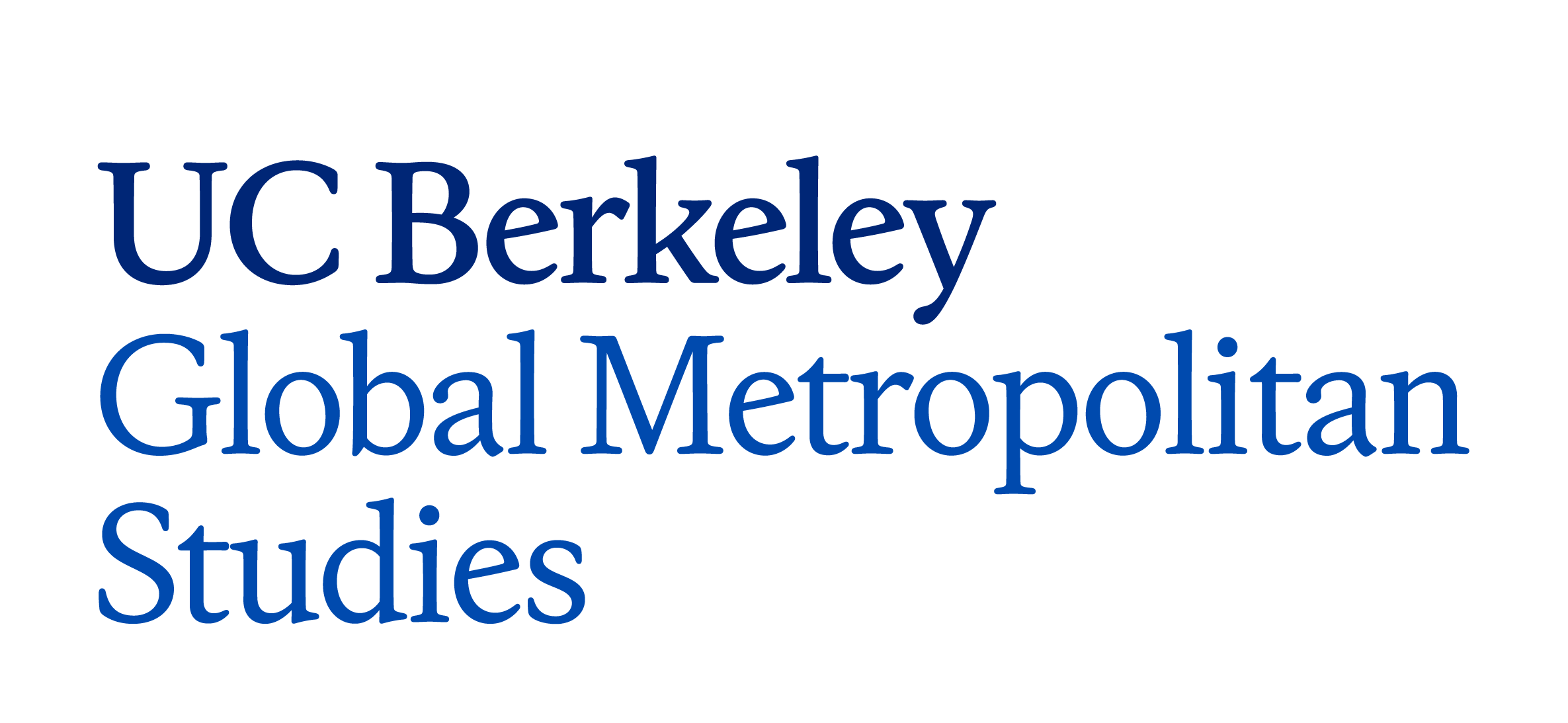How are smartphones, social media platforms, and digital applications reshaping the ways migrants seek and secure urban work? What new forms of information asymmetry, social control, or bargaining power emerge in this digital terrain? And how do these technological shifts interact with caste, kinship, and religion—institutions that have long governed access to labor in India? My research in Bengaluru, India addresses these questions through multi-sited and multi-scalar ethnography with migrants from Assam’s Barak Valley, alongside workers from proximate hinterlands, who move to Bengaluru in search of jobs. The research followed migrants across railway stations, factory floors, rented rooms, recruitment fairs, and WhatsApp groups, while also returning to their villages to trace how news of urban life traveled back and reshaped rural expectations.
This approach made it possible to triangulate the micro and the macro: from late-night conversations about rent-sharing among roommates to the structural exclusions migrants encounter as “outsiders” in Bengaluru’s labor markets. Through my research, I identify new modes of labor market organization that are neither ‘formal’ nor ‘informal’ in the conventional sense but that emerge as smartphones enable workers to bypass traditional intermediaries. Unlike informal economies historically organized through kinship networks and caste-based occupational hierarchies, my research describes conditions where smartphones enable individuals to access work opportunities outside inherited social categories, creating new possibilities for detaching labor from fixed identities. This shift produces four key transformations: the rise of friendship networks over kinship as primary conduits for job information; the emergence of individuated search behaviors that allow workers to experiment with opportunities without signaling rupture from collective ties; the development of non-identitarian intermediation that challenges traditional labor brokers; and the importance of new types of place-specific tacit knowledge tailored to the opportunities of expanded digital access.
These practices create new ways of accessing work, while also generating precarious forms of belonging shaped by local knowledge and algorithmic opacity. The ethnography shows how migrants create these new ‘quasi-familiar’ spheres: digitally mediated relationships that are neither kinship nor market, but something in between. By examining the feedback loops between rural sending regions and urban destinations, the project also demonstrates how migration decisions are shaped not only by economic calculations but by digitally circulated performances of urban success, caste norms of secrecy and status preservation, gendered expectations around male autonomy, and the mutating moral economies of rural communities.

